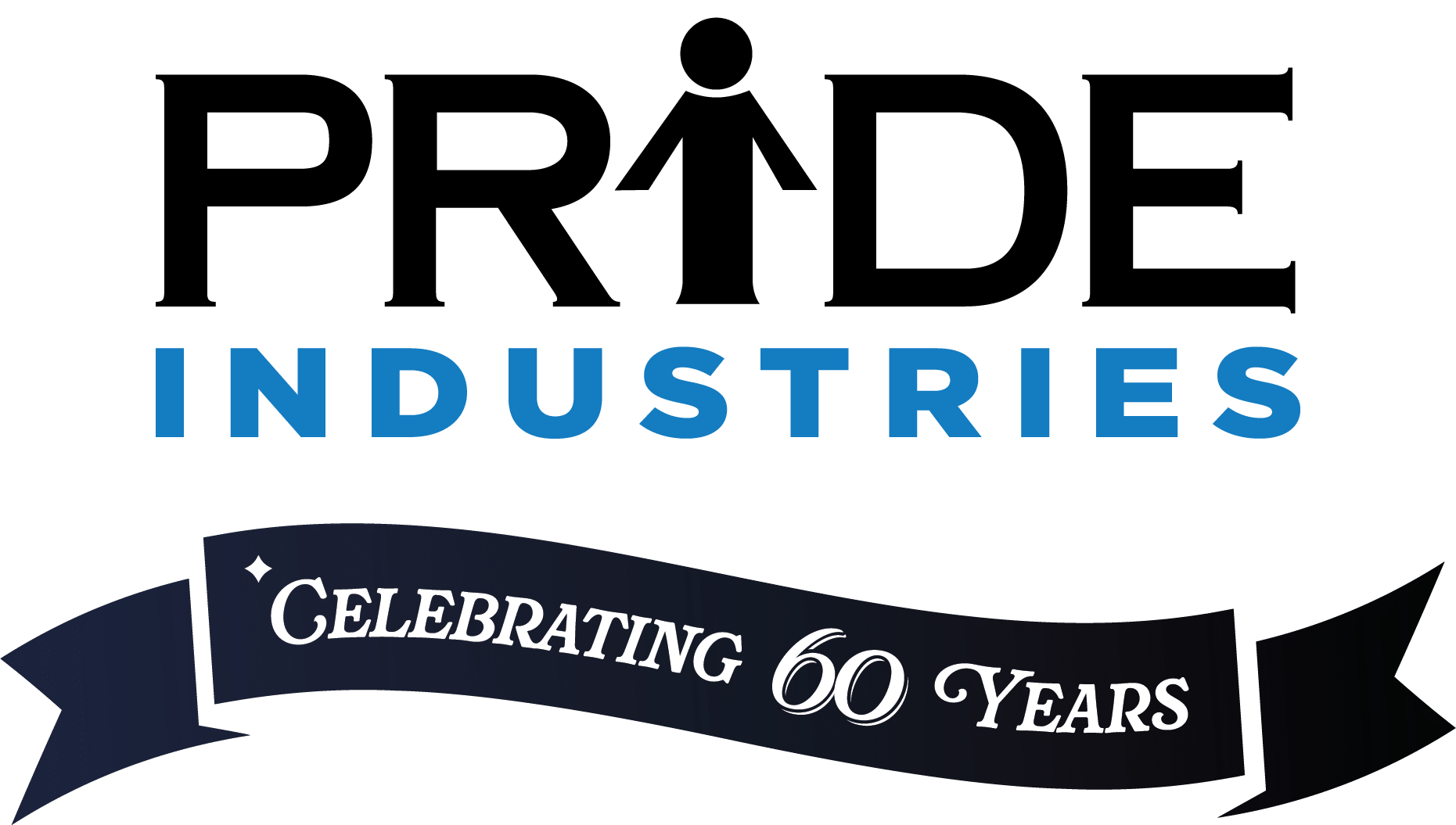Jobs for People with Epilepsy
Creating Employment for People with Disabilities
Jobs for People with Epilepsy
People with epilepsy face unique barriers in the job market. Despite significant progress in epilepsy treatment and management, individuals with epilepsy may encounter discrimination, safety concerns, and a lack of understanding from potential employers due to preconceptions about seizures—one of the main symptoms of epilepsy. The following barriers can make it difficult to secure employment and maintain a stable career:
- Discrimination: Employers may harbor unconscious biases against people with epilepsy, leading to unfair hiring decisions. They may fear that individuals with epilepsy are more likely to have accidents or will require special accommodations or time off. These misconceptions can lead to employers overlooking qualified candidates.
- Safety concerns: Some jobs may pose safety risks for individuals with epilepsy, such as those that involve operating machinery, working at heights, or driving. Employers may be hesitant to hire individuals with epilepsy for these roles, even if they have well-controlled seizures or have other protection practices.
- Lack of understanding: Employers may lack awareness of epilepsy and how it affects individuals. They may not understand that many people with epilepsy can work safely and effectively and that symptoms can be managed with medication and other strategies.
Despite these barriers, there are many resources available to help people with epilepsy find jobs. These resources include job preparation, placement, and on-the-job support, and are available at PRIDE Industries.
Employment Services for People with Epilepsy
Job Preparation
Job preparation services for people with epilepsy can help individuals overcome barriers to employment and achieve their career goals. These services may include:
- Assessment and counseling to help people with epilepsy identify their skills, interests, and aptitudes, and develop career plans.
- Job training to provide individuals with the skills and experience they need to succeed in a particular job or industry.
- Resume and cover letter writing assistance to help individuals create professional and effective job application materials.
- Interview preparation to allow people to practice their interviewing skills and feel more confident in job interviews.
- Accommodation assistance to identify and obtain any accommodations people with epilepsy need to succeed in the workplace.
Job Placement
PRIDE Industries partners with government and private organizations to accelerate the placement of people with epilepsy ready to find meaningful careers, welcoming and supporting individuals as they develop their career. Job placement services include:
- Employment matching: Employment coaches search available positions throughout PRIDE Industries’ employment network and work with individuals to find an employer looking for their training and skills.
- Direct placement: Individuals can find jobs within PRIDE Industries or with an employment partner in their community that matches the skills and talents they have to offer.
- Paid internships: Temp-to-hire arrangements allow people with epilepsy to test-drive a job before making a final commitment, and also give them a chance to demonstrate their skills to potential employers.
- Supported employment: PRIDE Industries offers an employment option that teams three individuals with an employment coachthat serves as a liaison with employers to ensure accommodations are met and employee and employer success.
On-the-Job Support
Employment coaches, trainers, and instructors support employees with epilepsy on the job by:
- Educating employers and colleagues about epilepsy to dispel myths and foster understanding.
- Helping employees learn new skills as needed.
- Facilitating open communication and helping employees with epilepsy to disclose their condition and discuss needs.
- Promoting flexible work arrangements, like breaks for medication or private space when needed.
- Collaborating with employees to identify potential workplace triggers and implement appropriate adjustments.

Our Commitment to Service Excellence
PRIDE Industries holds the prestigious 3-year accreditation from the Commission on Accreditation of Rehabilitation Facilities (CARF), an international, nonprofit health and human services accreditor. This recognizes that we have made a specific commitment to put the needs of our participants at the center of the services we design and deliver, and that we strive to continuously improve efficiency, fiscal health, and service quality and delivery.
In part, this accreditation recognizes PRIDE Industries for:
- Providing excellent employment services, employee development services, and employment planning services.
- Being highly regarded in the community and building positive relationships with partners and employees.
- Holding safety as a high priority.
- High satisfaction from persons served, families, and other stakeholders.
- Longevity of leadership, which provides continuity to the organization’s mission.
CARF accreditation means that the CARF-accredited provider is committed to reducing risk, addressing health and safety concerns, respecting preferences of individuals (cultural or otherwise), and providing the best quality of care possible. It also shows that the accredited organization values the feedback and input of their customers with disabilities and is accountable to the community. And, finally, accreditation demonstrates that an organization has opened its service delivery and business processes to outside scrutiny to improve the quality of its programs.
FAQs: Jobs for People with Epilepsy
-
According to the Epilepsy Foundation, “people with epilepsy are successfully employed in a variety of jobs that might be considered high-risk: police officer, firefighter, welder, butcher, construction worker, etc. Epilepsy is a highly variable condition, and it is difficult to generalize about safety issues.” Every person’s situation is different, and employers should make individualized determinations about job hiring and placement decisions. The most important thing is to find a job that is a good fit for the individual and that they are passionate about.
-
Finding a job with epilepsy requires preparation and strategic action. Individuals with epilepsy can increase their chances of finding fulfilling and successful careers by taking these steps:
- Assessment: Identify skills, interests, and limitations. Research jobs that align with these abilities. Assess symptom frequency and potential triggers to identify suitable work environments.
- Strategy: Prepare a compelling resume and cover letter highlighting strengths and accomplishments. Practice interviewing skills and anticipate potential questions about epilepsy. Research companies with positive disability inclusion practices.
- Seek Support: Utilize support services offered by epilepsy organizations or vocational rehabilitation programs. Network with professionals in a chosen field and build connections with potential employers. Be prepared to discuss potential accommodations.
- Be proactive: Focus on skills and qualifications with enthusiasm. Clearly explain epilepsy and how it's managed. Demonstrate the ability to perform job duties effectively.
-
The employment rate for people with epilepsy varies widely, ranging from 25 to 69 percent across different studies. This disparity highlights the complex interplay of factors influencing their employment prospects, including seizure frequency, stigma, and accessibility. While the employment rate is lower than the general population, initiatives promoting inclusion and understanding are paving the way for greater employment opportunities for individuals with epilepsy.

